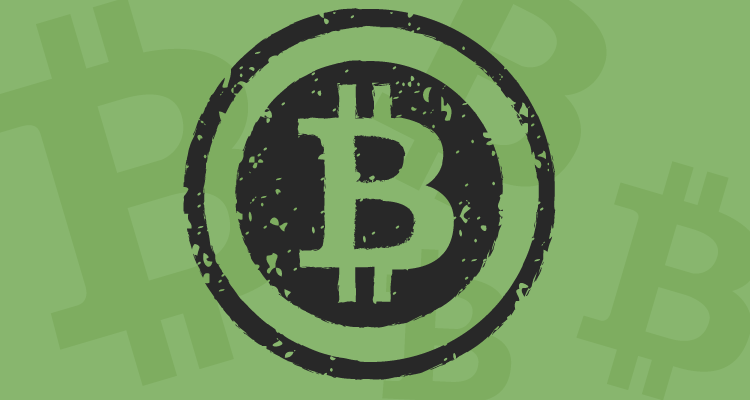When you think of the blockchain, there’s a good chance your mind jumps immediately to Bitcoin. However, there are plenty of business uses for blockchain technology that don’t involve sending bitcoins to someone else.
In fact, blockchain financial applications are popping up around the world. These applications promise to streamline certain business and financial transactions for the long haul.
Even if we don’t see a Bitcoin bubble that could burst, there’s a lot more to the blockchain than cryptocurrencies. Here are a few blockchain applications that could change the way we do finances.
1. Bank Client Background Checks
One of the blockchain financial applications that could change the way we look at people has to do with background checks. It’s possible to use the blockchain for identity verification.
However, with the blockchain, it’s also possible to run financial checks on potential clients before giving them loans. On top of that, asset registry can help banks and others track ownership of different items. That can help reduce instances of money laundering and facilitate cross-border payments.
The ability to verify someone’s identity and look at their asset base could reduce risk. Banks and other financial institutions would be better able to vet customers and make less risky loans. It’s one way to use the blockchain to ensure that a borrower really is who they say they are and they have the resources they claim.
2. Track Goods and Payments Across Borders
Smart contracts through blockchain technology allow for automatic fulfillment. Supply chain management is one of the potential applications for blockchain. With the help of smart contracts, a payment would occur immediately when a package arrives. Other terms of service could benefit as well.
Rather than trying to collect payments after the fact, this makes it possible for payment to be handled immediately. This works for services as well. With smart contracts on the blockchain, a payment would be automatically moved from one account to another once a service was completed or some other transaction finished. No need for separate invoicing and payment.
Blockchain financial applications could also be used to track assets and debt. Stock exchanges could more easily settle transactions, and it would also be possible for credit card companies and other financial institutions to streamline their payments systems.
3. Payroll Services
Finally, it is possible to manage payroll services through blockchain technology. Business could use blockchain financial applications to pay their employees regularly — as well as handle payroll tax issues.
This could be especially helpful for companies with remote workers around the globe. With payroll managed through a blockchain platform, it’s possible to avoid some of the costs of transferring money to other countries. While there are still some fees involved, the reality is that they could be less. Plus, you could track where the money is at all times.
Additionally, using smart payroll applications, you might not have to run payroll each time. Set up the system, and your employees get paid quickly and easily.
In the end, the blockchain offers a number of applications that don’t necessarily rely on cryptocurrencies. Bitcoin’s rise sheds light on other uses for blockchain. That could be a big help to businesses in the future.















